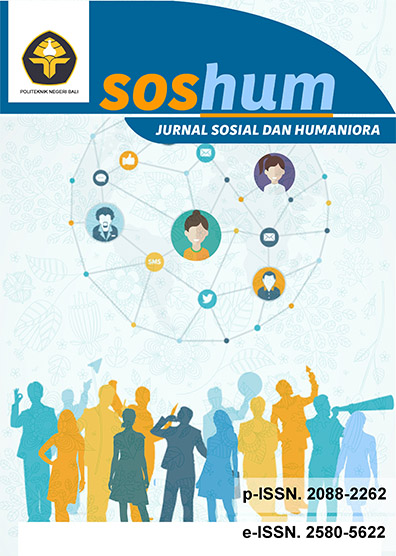The Role of Education in the Process of Development in Kurdistan Region of Iraq
Abstract
Since the collapse of Saddam Hussein’s regime in Iraq in 2003, the Kurdistan Region of Iraq has shown a dramatic change. To some extent, regional and international journalists have brought the change into international spotlight. Iraqi Kurdistan as an Autonomous region, which possesses its own government, parliament and constitution, is formally recognised in Iraqi Federal constitution and the KRG was granted 17% of Iraqi budget. In a very short time, the region attracted to a large number of national and international companies for business and trade. Trade and investment increased rapidly, and private sectors improved. This, in turn, created various job opportunities. Consequently, the region became a suitable place for foreign skilled professionals. Iraqi Kurdistan did not have the skilled workers to meet or fulfil the requirement that market needed. Because this immense economic growth required highly skilled and qualified human capital which the higher education system of Kurdistan had failed to provide. Therefore, in order to satisfy the needs of the market, the KRG through the ministry of Higher Education and Scientific Research has invested millions of US dollars in higher education to produce human capital. The ministry has adopted the Human Capacity Development Programme (HCDP) that has sent two-three thousand of students to western countries to study at best-known universities. The aim was to satisfy the needs of the region’s market and develop the production system of the region.
This paper explores to what extent investment in higher education has led to development. In other words, it investigates to what extent the HCDP program of human capital which is achieved through formal training and education has led to human skills capabilities, growth, and mobility in the Kurdistan region.




.png)



